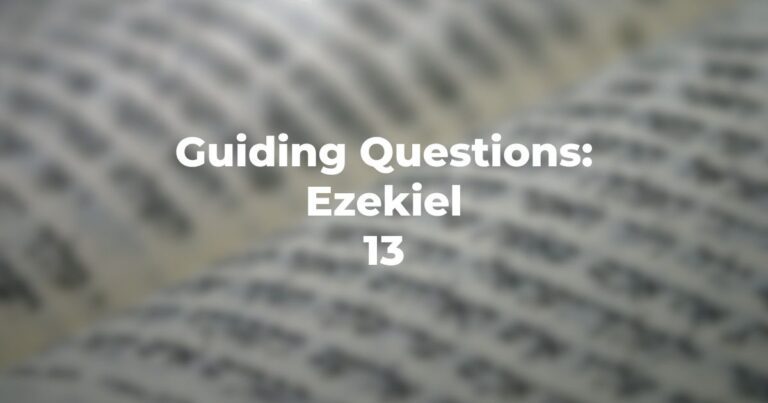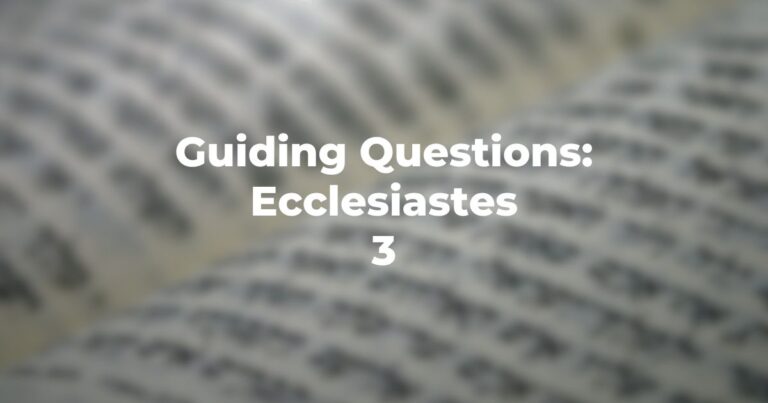- Why were the Kohanim be prohibited to approach or have contact with the dead save for very close relatives?
- But, can there be mourning although there is no contact (Leviticus 21:5)?
- What does Leviticus 21:5 convey as to “normative” mourning practices at that time?
- Moreover, what additional restrictions are set forth for the Kohen (Leviticus 21:7) and what reason is given?
- Why is the punishment for a Kohen’s daughter who is guilty of “z’nut” (prostitution? promiscuity?) as severe as it is?
- As to the “Kohen Gadol”—are there yet additional mandates re: mourning practices and marital relations?
- What categories of Kohanim are excluded from bringing offerings to the altar (Leviticus 21:17-21)?
- However, are these categories “de-Kohanized” or do they remain Kohanim for all other matters (Leviticus 21:22 – 23)?
Author
-

Exploring Judaism is the digital home for Conservative/Masorti Judaism, embracing the beauty and complexity of Judaism, and our personal search for meaning, learning, and connecting. Our goal is to create content based on three core framing: Meaning-Making (Why?), Practical Living (How?), and Explainers (What?).
View all posts





